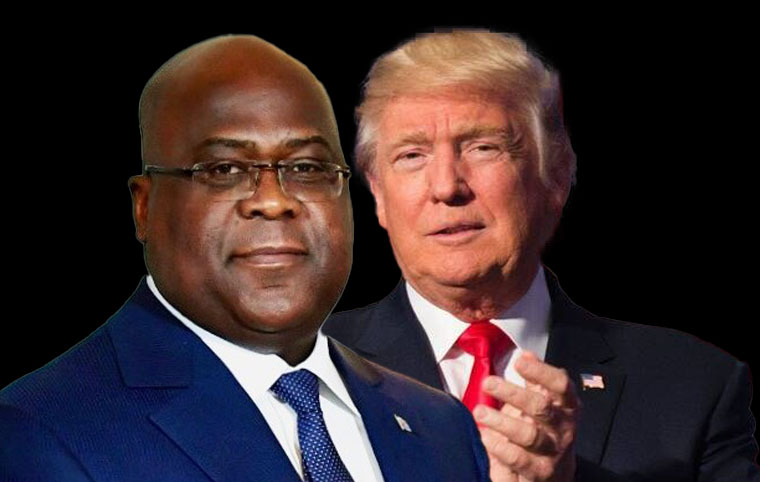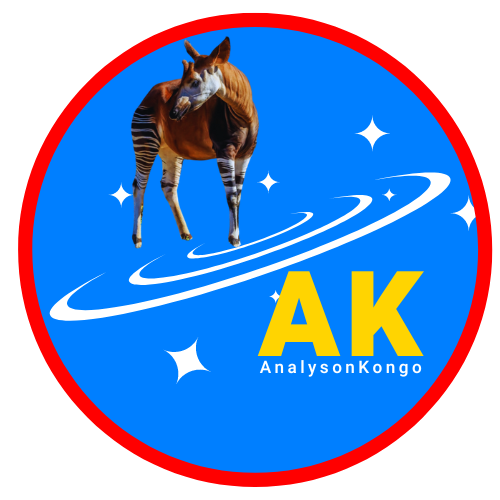The Democratic Republic of Congo (DRC) has recently proposed granting the United States exclusive access to its critical mineral resources in exchange for security assistance in its fight against rebels supported by Rwanda. This offer, sent to US Secretary of State Marco Rubio, highlights the strategic importance of the DRC as the world’s largest supplier of cobalt and a major producer of lithium, tantalum, and uranium.
This initiative demonstrates President Félix Tshisekedi’s desire to move away from China’s dominant influence in the Congolese mining sector while seeking to strengthen economic ties with the West. At the same time, it raises significant geopolitical and economic questions about the future of the DRC’s mining sovereignty.
Strengths and Opportunities
1. Diversification of Economic Partners
An agreement with the United States could help the DRC reduce its dependence on Chinese companies that currently dominate its mining sector. By attracting American investments, the country could benefit from new technologies, greater transparency, and stricter mining regulations.
2. Strengthening National Security
The military assistance promised by the United States could improve the capabilities of the Congolese Armed Forces (FARDC) in their fight against rebel groups, particularly the M23 supported by Rwanda. This cooperation could also include modern equipment and advanced training to stabilize resource-rich areas.
3. Access to a Stable Western Market
Integrating the DRC into a Western supply chain would ensure a more stable and potentially more ethical market, particularly in terms of working conditions and environmental standards.
Risks and Drawbacks
1. Loss of Mining Sovereignty
Granting exclusive access to American companies poses a major risk of losing national control over strategic resources. With extraction and export under American control, the DRC could find itself in a situation where it does not fully benefit from the revenues generated by its own resources.
2. Reactions from China
Such an alliance risks deteriorating relations with China, which has heavily invested in the Congolese mining infrastructure. China could respond by suspending its investment projects or strengthening its ties with other strategic mineral-producing countries.
3. Political and Social Instability
Increased resource exploitation by foreign companies could exacerbate internal tensions in the DRC, particularly with local communities affected by mining activities. Furthermore, the increased militarization of mining areas could lead to human rights violations and prolonged conflicts.
Mineral Locations and Geopolitical Issues
The main deposits of cobalt, lithium, tantalum, and uranium are located in the provinces of Haut-Katanga, Lualaba, North Kivu, and Ituri. These regions are particularly unstable due to the presence of armed groups seeking to control the wealth of these resources. The conflict with the M23 in North Kivu is directly linked to the struggle for control of these strategic resources.
The DRC is also a key player in global discussions on the energy transition, where critical minerals play a central role. An alliance with the United States could reposition the country as a key supplier for the battery and green technology industries in the West.
Conclusion
The proposed agreement between the DRC and the United States presents a strategic opportunity for Tshisekedi to diversify economic partnerships and strengthen national security. However, it carries significant risks, including the loss of sovereignty over mining resources and the deterioration of relations with China. Careful management of this alliance will be essential to ensure that the DRC does not become merely a raw material supplier without fully benefiting from its wealth.
Analysonkongo.com



